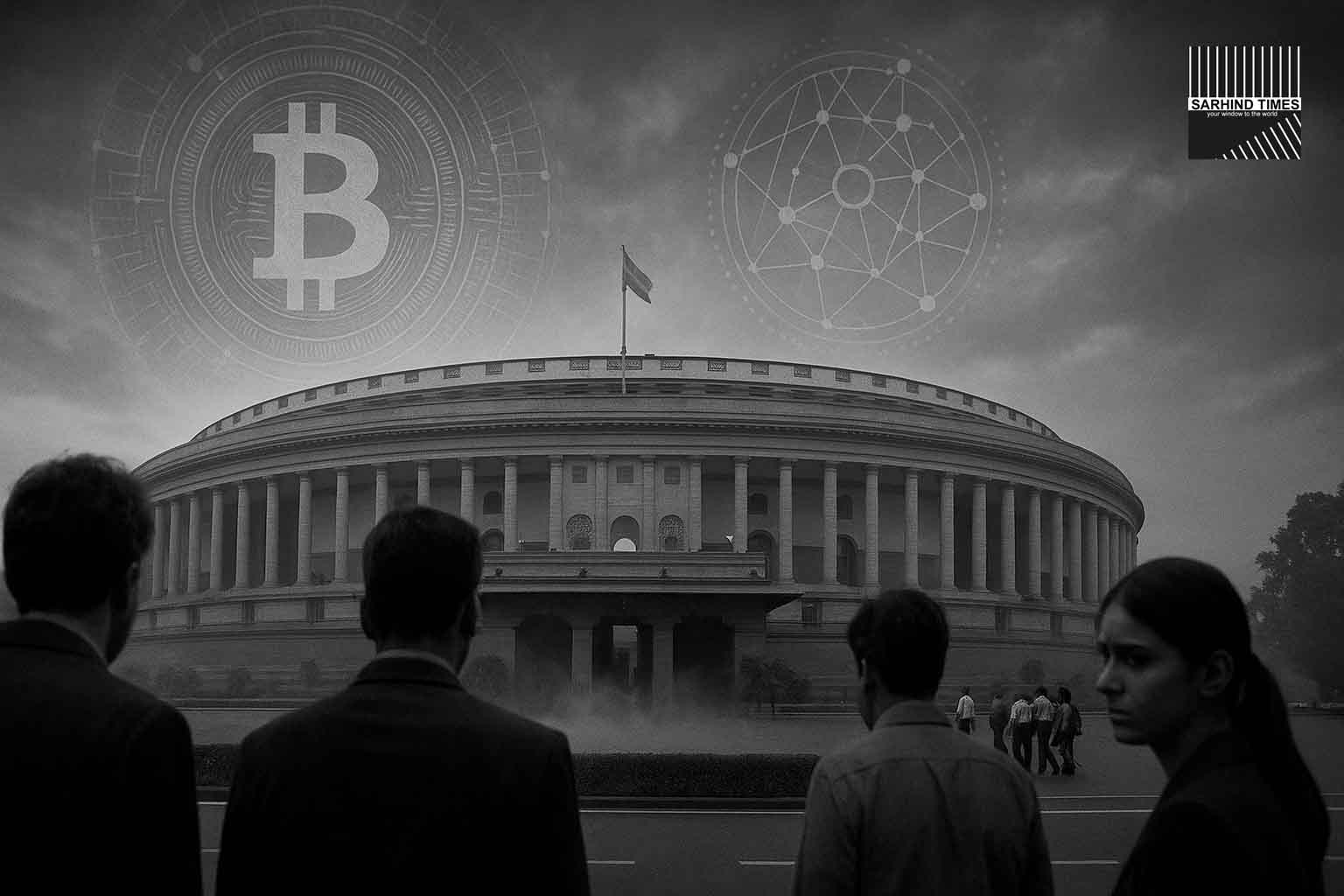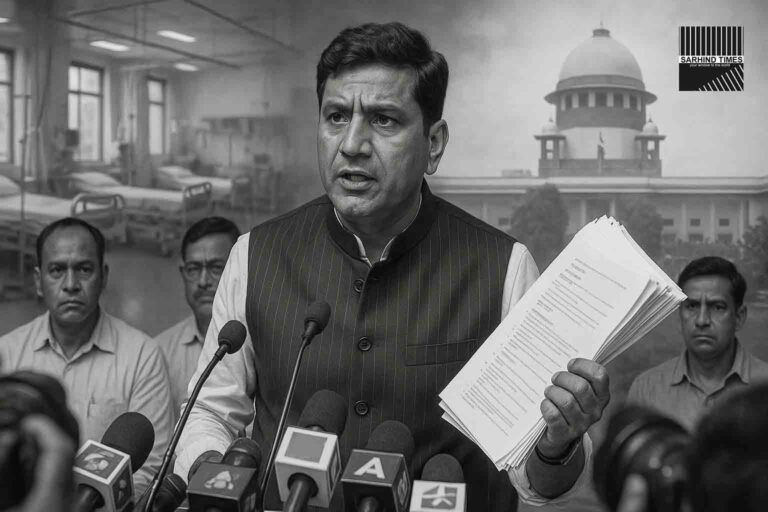India is resisting the implementation of a full regulatory framework for cryptocurrencies, citing systemic risks and potential financial instability, according to a new document.
Introduction
India’s relationship with cryptocurrencies has long been one of cautious engagement. Despite being home to one of the world’s largest pools of crypto investors, New Delhi has stopped short of building a comprehensive regulatory framework. A recent policy document confirms that regulators remain concerned about systemic risks, including volatility, fraud, and money laundering, and will proceed with gradual, incremental measures rather than sweeping reforms.
This wait-and-watch approach reflects both India’s financial stability priorities and the broader global regulatory uncertainty around digital assets.
What India Has Done So Far
India has not banned cryptocurrencies outright, but it has built partial guardrails:
- Taxation: A 30% tax on crypto gains and a 1% TDS on transactions are already in place, making India one of the strictest tax jurisdictions for digital assets.
- Reporting rules: Exchanges are required to follow anti-money laundering (AML) and know-your-customer (KYC) guidelines.
- Banking caution: Traditional financial institutions remain wary of servicing crypto companies, given regulatory ambiguity.
These measures have slowed speculation but stopped short of creating a clear licensing or regulatory framework for exchanges, custodians, and token issuers.
Why Regulators Are Hesitant
The document highlights three central concerns:
- Systemic Risk to Finance: Crypto market volatility could spill into the banking and payments ecosystem, especially if retail adoption surges unchecked.
- Fraud & Consumer Harm: Ponzi schemes and scam tokens remain a major risk in unregulated environments.
- Money Laundering & Illicit Flows: Cryptocurrencies’ pseudonymous nature raises concerns about terror financing and black money circulation.
Regulators argue that without robust institutional capacity—including monitoring tools and supervisory expertise—India risks destabilising its financial system by rushing into crypto legalization.
Global Context: Peers Moving Faster
India’s caution contrasts with peer economies that are moving ahead with frameworks:
- European Union: MiCA (Markets in Crypto-Assets Regulation) will take effect in 2024–25, providing licensing clarity for exchanges and stablecoin issuers.
- US: While fragmented, the US SEC and CFTC are expanding enforcement and defining jurisdiction.
- Singapore & UAE: Actively positioning themselves as crypto-friendly hubs with strong compliance requirements.
This global push has created pressure on New Delhi. Crypto exchanges and investors in India argue that unclear rules risk capital flight—as talent, innovation, and funds move offshore.
Industry Reaction
Indian crypto entrepreneurs are growing impatient.
Ashish Mehta, founder of a crypto exchange in Bengaluru, told Sarhind Times:
“We are already burdened with high taxes and banking restrictions. Without a framework, global players bypass India while Indian talent leaves for Dubai or Singapore.”
Investors also argue that clarity would protect consumers rather than expose them, as current ambiguity allows shadow operators to thrive.
The Balancing Act
Officials hint that a balanced model may eventually emerge:
- Safeguards first: AML/KYC, investor protection, systemic risk monitoring.
- Incremental liberalisation later: Gradual opening for exchanges, custodians, and token issuers under licenses.
- Focus on CBDC: India is prioritising its digital rupee pilot, seeing it as a safer way to explore blockchain in finance without the volatility of private tokens.
This staged approach aligns with India’s reputation for gradual financial liberalisation, often prioritising stability over speed.
Expert Commentary
Dr. R. Subramanian, former RBI official, observed:
“India’s hesitation is understandable. Our financial system has unique vulnerabilities—large retail participation, informal capital flows, and weak investor literacy. Jumping into full crypto adoption without guardrails could backfire.”
At the same time, global analysts warn that too much delay risks leaving India behind in blockchain innovation and cross-border payments integration.
The Road Ahead
The document signals that India will likely pursue:
- Tighter tax enforcement to ensure compliance.
- Greater monitoring of exchanges, particularly on AML and cross-border flows.
- Continued digital rupee experiments, with broader rollout expected by 2026.
- International cooperation, particularly through G20 forums, to shape common crypto principles.
But a comprehensive regulatory bill—covering licensing, investor protection, and innovation frameworks—may still be years away.
Closing Thought
India’s cautious stance on cryptocurrencies underscores a familiar theme in its financial policymaking: stability before liberalisation. While the government acknowledges blockchain’s potential, it remains unwilling to gamble with systemic risk in a country where millions of retail investors could be affected by volatility.
The result is a delicate balancing act—containing risks while leaving the door open for future innovation. For now, India is signalling to both investors and regulators worldwide: crypto can wait, stability cannot.
#CryptoRegulation #IndiaFinance #SystemicRisk #Blockchain #Investors #FinancialStability #DigitalRupee #PolicyWatch






















+ There are no comments
Add yours